Do solar panels need regular maintenance and servicing? It's a question that Skylamp Solar customers in Ealing Common often ask.
Advice on this subject is often vague or contradictory; some sources suggest it is necessary, while others claim that companies that offer to service or maintain solar panels are taking your money needlessly.
So, which one is right?
As solar panel specialists, Skylamp Solar in Ealing Common strongly recommends that all solar systems are inspected and serviced regularly. Why is this? You can find out more right here.
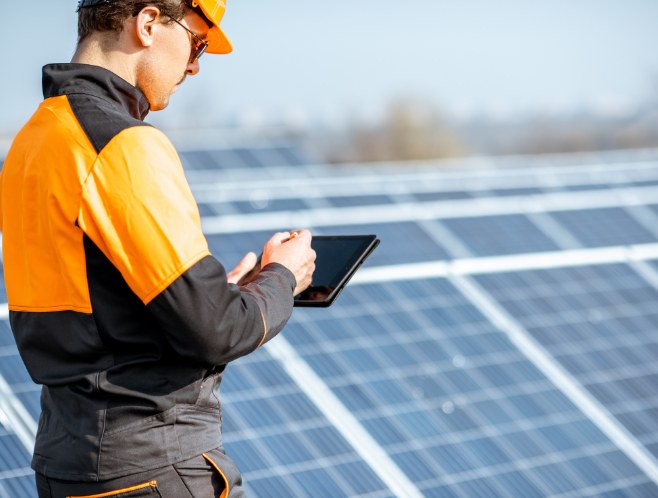
Most solar panels come with a long warranty, with an average of 25 years. This means that the manufacturers are confident that their products will last a good long time - and, on the whole, they do.
Solar panels have no moving parts, so there's not much to wear out. They are made up of a sandwich of glass, metal and plastic, which, if made to a high standard, will provide many years of faithful service.
Does that mean they never go wrong? Of course not- just like any other technical or electrical item, they can break down or experience problems. And the best way to avoid this is to make an annual service, inspection and maintenance schedule.
But what exactly can go wrong? Let's take a look at the more common problems.
Solar panels are built to withstand all weather, from blazing sunshine to hail storms.
However, there are problems that can arise, including the following.
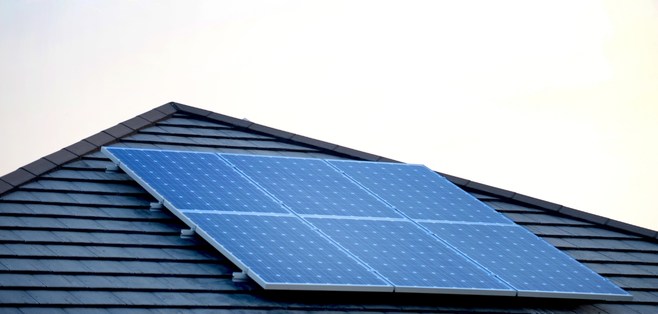
Basically, these are small areas of the panel that overheat, both on solar thermal and solar PV systems.
There are several reasons why these occur, but manufacturing faults are probably the main cause. If a component hasn't been soldered properly there is low resistance, which causes a short circuit in the parts of the panel that are designed to generate electricity.
Dirty panels can also suffer from hot spots, as an accumulation of dust, dirt moss or bird droppings causes the panel to overheat. In PV panels, the cell (or cells) shaded by debris will have a higher operating current, and will eventually dissipate energy that heats up that portion of the panel.
Hot spots can reduce your energy output significantly, and could damage the entire system. In some cases, we may need to replace the affected panel.
As you'll guess from the name, these cracks are often too small to be seen with the naked eye. They usually happen as a result of poor workmanship in the factory or rough handling during the shipping and installation processes. They can also be caused by heavy wind, hail and rain. While they don't always affect the energy output straight away, the cracks may grow, potentially reducing efficiency by as much as 20%.
This problem is fairly common in both solar thermal and photovoltaic panels but it affects PV systems more. The good news is that your solar panels will usually run perfectly well, but it's vitally important to monitor the situation in case your system output drops drastically.
Skylamp Solar solar panel maintenance engineers will check your system and panels for micro-cracks and test the output using data from the generation meter* to see if further action is required.
*newer solar panels come with a monitoring system app to check how much energy your panels are generating.
Please note that the majority of solar panels will experience micro-cracks during their lifetime, but as long as the rate of degradation isn't too severe, your panels will continue to work.
It is essential that solar panel systems are sealed, particularly if you have invested in a solar PV system.
Sometimes, the outer layer of protective sheeting peels away, allowing moisture inside. When this happens, internal components can begin to oxidise and rust, which will compromise the output. If this problem isn't discovered and fixed soon, it's likely that the panel will fail and have to be replaced.
This is more common in cheaper panels or when the manufacturer has used a sub-standard laminator, although it can appear in more expensive brands, too.
Solar panels can be damaged by falling branches from overhanging trees or any kind of hard impact. A ground-mounted solar panel system is perhaps more at risk as it is more accessible.
Animals and birds may compromise your solar panels by chewing through wiring or nesting under or on top of them. Prevention is the best approach, so it's worth fitting wire mesh or bird spikes.
Potential Induced Degradation occurs when there's a difference between the voltage generated by the panel and the earthing charge. A partial voltage charge takes place that can drastically affect the output capacity and lifespan of the panels.
Skylamp Solar solar panel maintenance specialists will check for this problem and reconfigure your system to reverse it.
You can play your part by checking actual performance against the estimated annual generation figure you were given along with the MCS certificate when the solar panels were first installed.
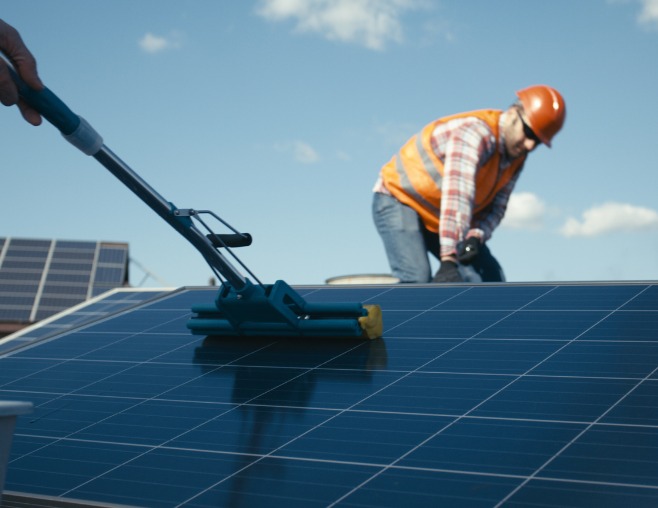
Although some people say that your panels don't need cleaning, this is asking for trouble. As we've seen, dirty solar panels can develop hot spots. And as the dirt builds up, the solar cells won't get as much sunlight, meaning that energy production will be lower.
While they are often described as 'self-cleaning', all this means is that the panels are hydrophobic; water doesn't adhere to the surface. The aim is that rainwater will carry dirt and dust away, but this isn't always the case. Moss, dust, leaves and bird droppings that remain in place will affect output negatively. In fact, studies show that clean solar panels are up to 50% more efficient than dirty ones.
Skylamp Solar can include cleaning in your regular solar maintenance service if you wish, to save you the hassle and keep your solar panels generating as much energy as possible.
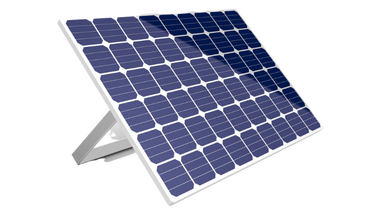
Now, you might be worried about these problems, but the fact remains that a solar thermal system is an excellent way of reducing your energy bills, as well as your carbon footprint.
Despite the issues listed above, they are low-maintenance and should last for years. If there are any problems, they're likely to relate to the solar inverter or power supply (don't panic - we can check these as well!).
The bottom line is that you bought your solar panels to save money, so spending cash on servicing and maintenance isn't an attractive option.
Skylamp solar panel maintenance and servicing in Ealing Common helps you to achieve a balance, keeping your system generating energy for longer and with improved efficiency.
Call our Ealing Common team today to get a personal quote and discover how we can help you get the most from your solar panels.
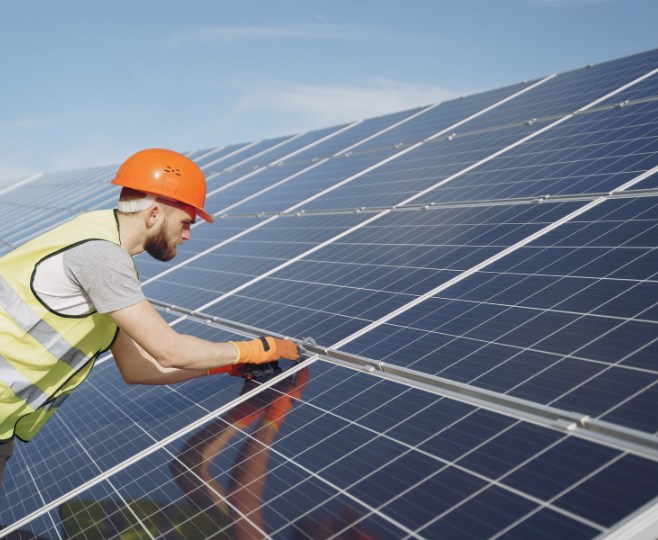
You only need to get thermal solar panels & system serviced once per year max.
The solar panels have no moving parts so are pretty maintenance free but it is advised to keep them clean for optimal performance and at the same time check for any damage or faults.
It is generally advised to clean your solar panels every 6 months to 1 year to remove any caked on bird droppings, debris, leaves or dirt.
Unfortunately not, it will wash away loose dirt but then it accumulates into the corners and edges of the solar panels which becomes thicker and then blocks the sun's rays and causes hot spots.